The work of these lawyers is fundamental to the advancement of justice and the protection of human dignity
Full article
The role of lawyers in the defense and promotion of human rights
The defense of human rights is a crucial task for the progress of justice and equity in any society. These rights, fundamental and inherent to every person, require constant protection.
In this context, lawyers play an essential role as defenders and promoters of human rights, using their legal knowledge and their ability to represent individuals and communities in situations of vulnerability. Throughout history, lawyers committed to this cause have faced significant challenges, but their work has been vital in ensuring that these rights are respected and promoted throughout the world.
The importance of human rights
Human rights are universal and inalienable, indivisible and interdependent. These principles are the foundation of human dignity and ensure that all people, regardless of race, sex, nationality, ethnicity, language, religion or any other status, can live in dignity and freedom. The Universal Declaration of Human Rights, adopted by the United Nations General Assembly in 1948, establishes a common framework for rights that must be respected and protected by all states and individuals.
However, the mere existence of these rights in international documents does not guarantee their respect in practice, as the reality is that these rights are violated on a daily basis in many places. Therefore, the work of lawyers is crucial, as they are the ones who, in many cases, take the initiative to demand justice and hold accountable those who violate these rights.
Human rights lawyers work in a variety of areas, including representing victims of abuse, strategic litigation to change unjust policies and laws, and promoting public awareness of fundamental rights.
Human rights lawyers often represent individuals and groups who have suffered violations of their fundamental rights. This may include victims of torture, arbitrary detention, enforced disappearances, gender-based violence, and other forms of abuse. By bringing cases before national and international courts, these lawyers seek to obtain justice for victims, as well as to establish legal precedents that can protect future generations.
Strategic litigation is a powerful tool used by human rights lawyers to challenge laws, policies or practices that violate fundamental rights. This type of litigation not only seeks to resolve a particular case, but also to bring about broader change in society. For example, a lawyer may bring a case before a constitutional court to have a law that discriminates against a specific group, such as the LGBTQ+ community, declared unconstitutional. By obtaining a favorable ruling, not only are the people directly affected protected, but a legal precedent is created that strengthens the protection of rights for all.
In addition to their work in the courts, many lawyers engage in human rights advocacy and education. This includes training other lawyers, judges, and the general public on the importance of human rights and how they should be protected. Through lectures, publications, and awareness campaigns, these lawyers help build a culture of respect for human rights, essential to prevent future violations.
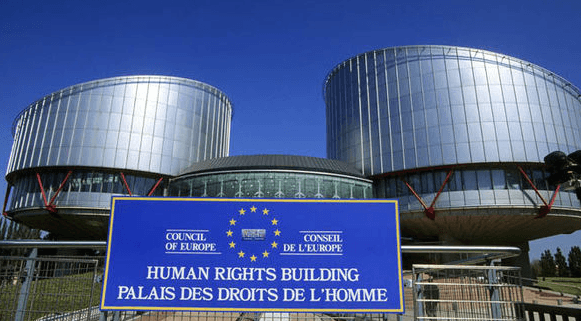
Outstanding lawyers in the fight for human rights
Throughout history, there have been several lawyers who have excelled in the struggle for human rights, and their cases have been emblematic in the promotion of justice and dignity.
Nelson Mandela
One of the most iconic lawyers in the defense of human rights is Nelson Mandela. Before becoming South Africa's first black president, Mandela was a lawyer who fought against apartheid (the system of racial segregation that oppressed the country's black majority). His legal work and activism led to his imprisonment for 27 years, but his struggle culminated in the dismantling of apartheid and the building of a democratic South Africa based on equality and human rights.
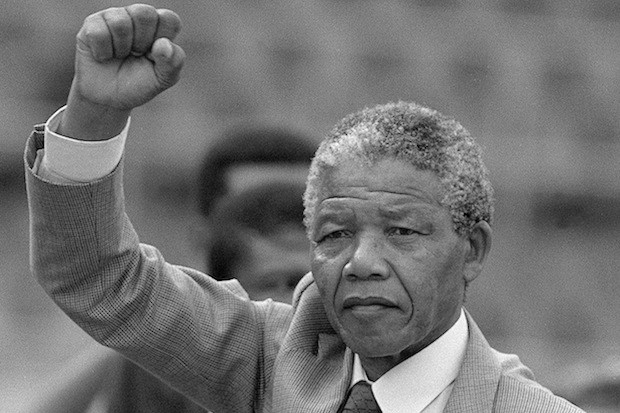
Thurgood Marshall
Thurgood Marshall was an American lawyer who played a pivotal role in the fight against racial segregation in the United States. Marshall was the lead attorney in the landmark case 'Brown v. Board of Education' (1954), in which the U.S. Supreme Court declared that segregation in public schools was unconstitutional. This case was a landmark in the civil rights movement and helped dismantle racial segregation throughout the country. Subsequently, Marshall became the first African-American justice of the U.S. Supreme Court.
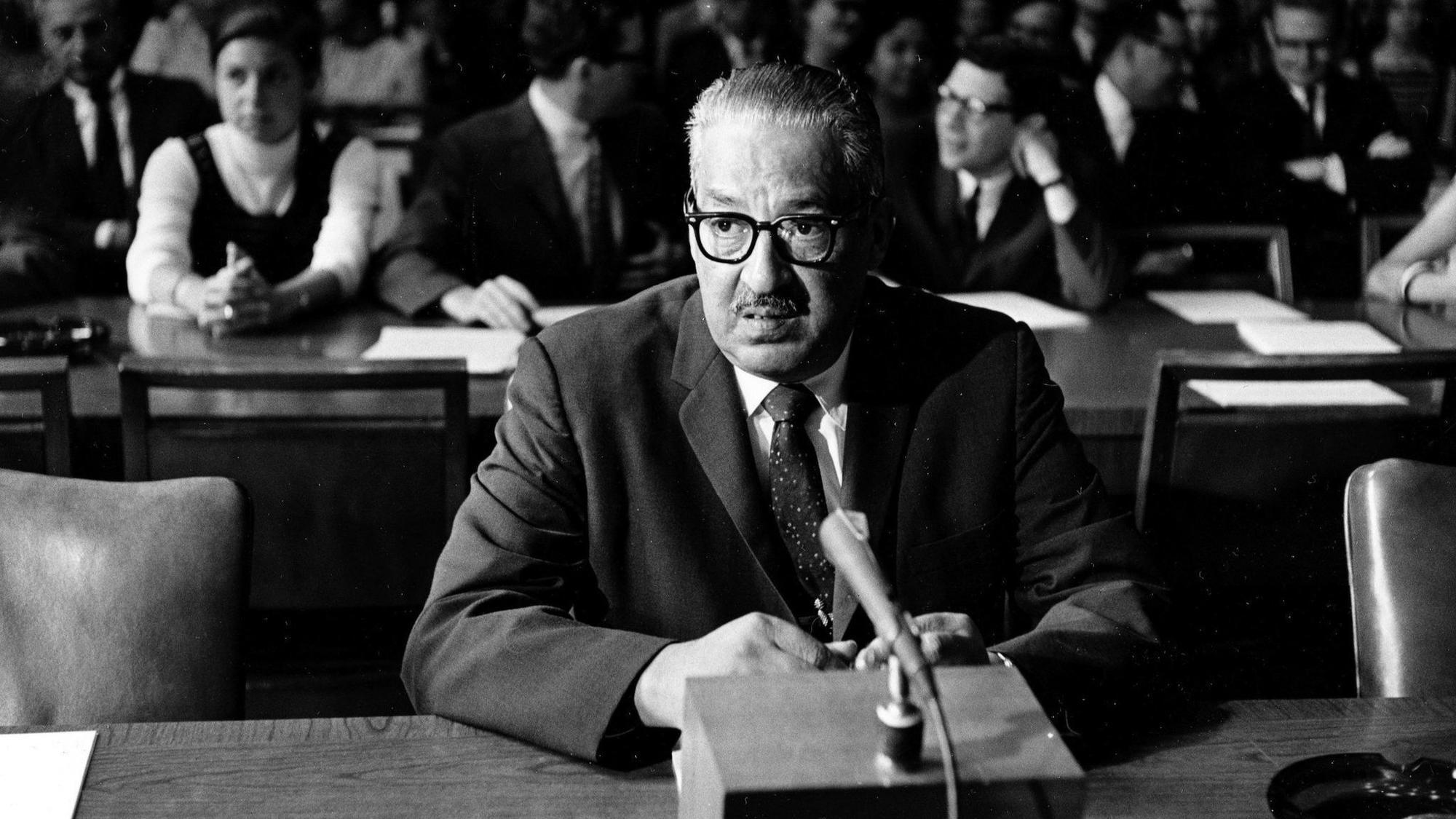
Digna Ochoa
In Latin America, Digna Ochoa was a Mexican lawyer who defended peasants, indigenous people and environmentalists in cases of human rights violations committed by Mexican authorities. Despite receiving numerous death threats and being the target of an assassination attempt, Ochoa continued her work until she was assassinated in 2001. Her case is emblematic of the dangers faced by human rights lawyers in regions where impunity and violence are entrenched.
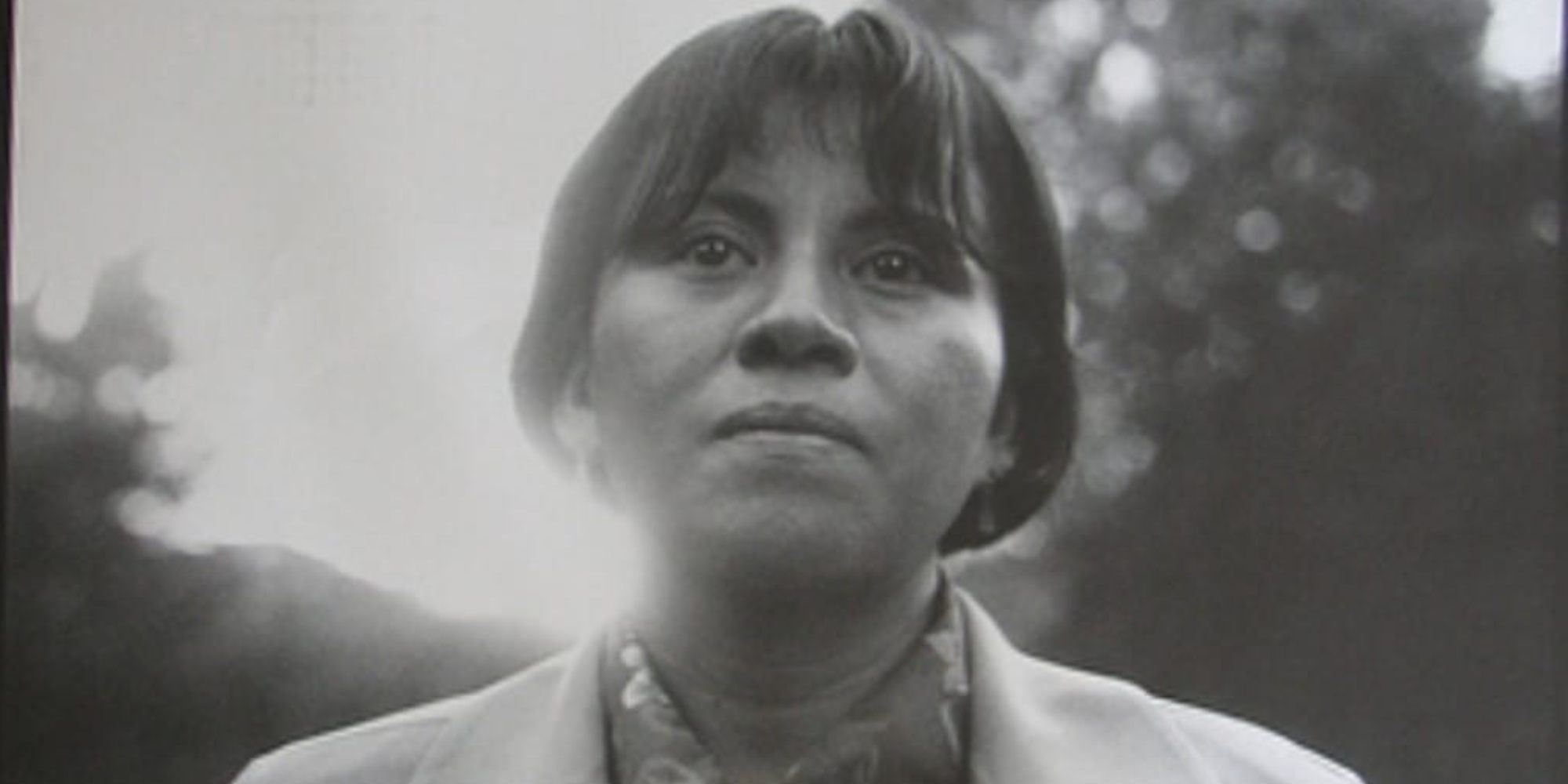
Shirin Ebadi
Shirin Ebadi, Iranian lawyer and winner of the 2003 Nobel Peace Prize, is another outstanding example of Iranian lawyers who have fought to defend and promote human rights. Ebadi has worked tirelessly for the rights of women, children and political dissidents in Iran. Despite the government persecution she has suffered, including death threats and confiscation of her property, Ebadi has continued to advocate for human rights and remains an influential voice in the international community.
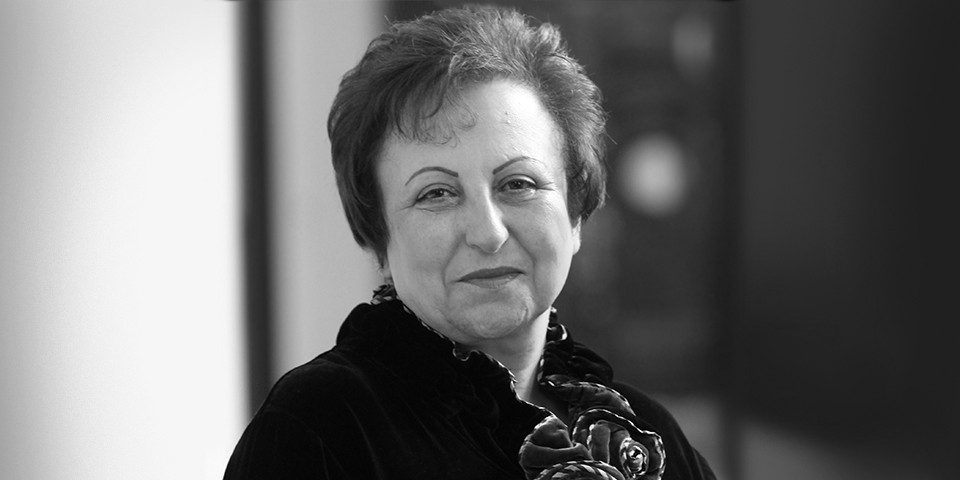
Conclusion
The role of lawyers in the defense and promotion of human rights is fundamental to the advancement of justice and the protection of human dignity around the world.
Despite the challenges and dangers they face, these professionals contribute to building more just and equitable societies by tirelessly advocating for justice. Their legacy lives on, inspiring new generations to continue the struggle for a world where human rights are a reality for all.
Comments
Related links
Main menu












